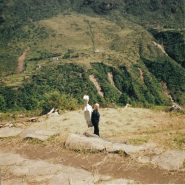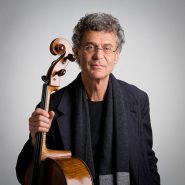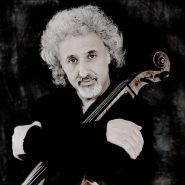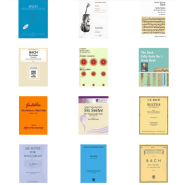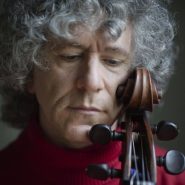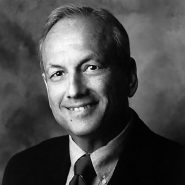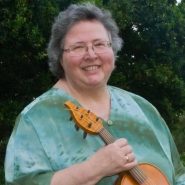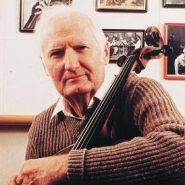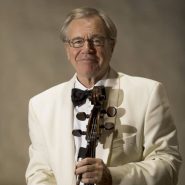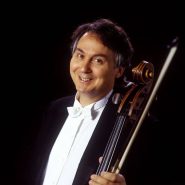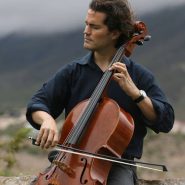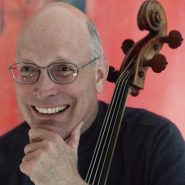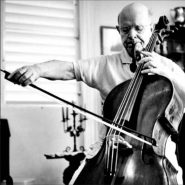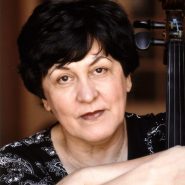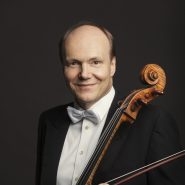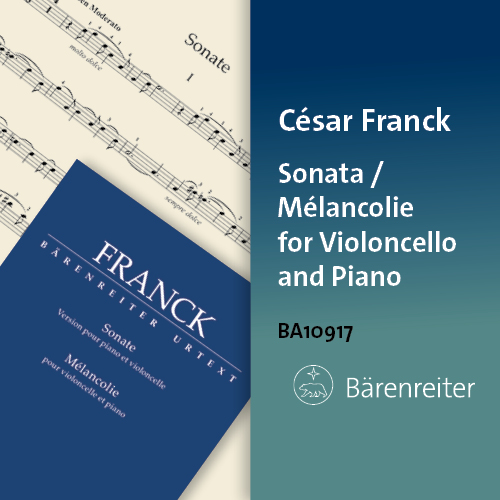Tag: Bach
By Judith Glyde July 1, 2024
Subjects Artistic Vision
Tags Bach, Bach Cello Suites, Hiking, Mount Everest, Nepal
By Tim Janof January 31, 2022
By Tim Janof January 17, 2022
By Tim Janof November 30, 2021
By Tim Janof September 27, 2021
Subjects Interviews
By Tim Janof September 13, 2021
By Tim Janof August 30, 2021
By Tim Janof August 15, 2021
By Tim Janof May 31, 2021
Subjects Interviews
By Tim Janof May 3, 2021
Subjects Interviews
By Tim Janof April 5, 2021
Subjects Interviews
By Tim Janof September 16, 2020
In a home interview in Prades, France, Pablo (Pau) Casals talks with former student Madeline Foley about style, technique, conducting, family, his introduction to music, and his voluntary exile from Franco’s regime.
By Tim Janof June 15, 2020
By Tim Janof February 9, 2020
